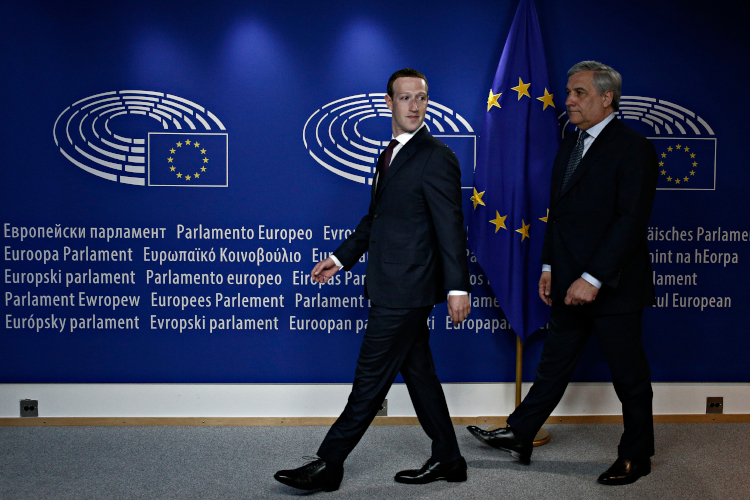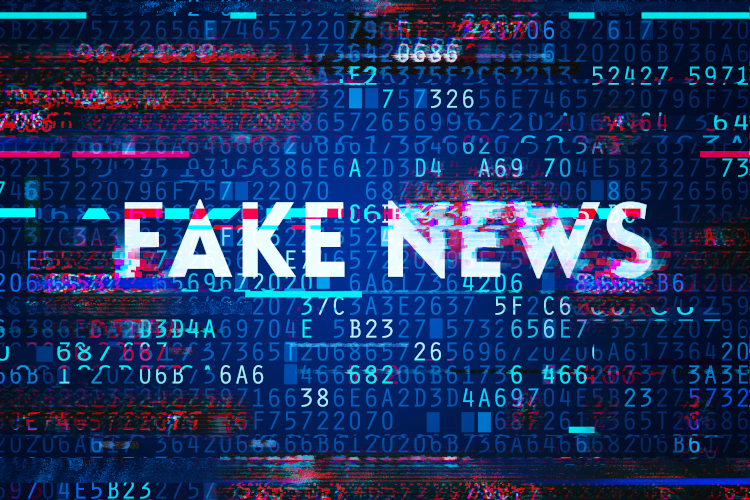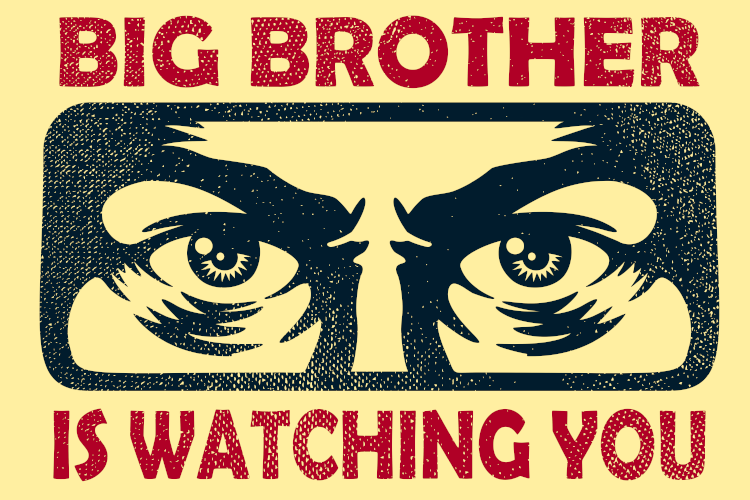At the moment we’re seeing three different models of how these technology platforms might be managed.
In the Chinese model, there are hugely powerful technology corporations, such as Baidu and Alibaba, that are often founded by individuals, like Jack Ma, the founder of Alibaba. But the Chinese model is that the state controls most of what these corporations do, and the corporations and the state are very closely connected. There are connections between people, but there are also connections between the power structures, and no corporation is allowed to fire outside of the remit of the state. And you need a very powerful and very authoritarian state to do that.
For the West to adopt the Chinese model, to integrate Facebook and Amazon into the state, it’s not just a question of nationalising them in some old-fashioned socialist model. You need a state with comparable power to the Chinese state. But we don’t have those states and we don’t have a political party like the Communist Party of China, which infiltrates all aspects of Chinese society. If you want that model, there’s a very heavy price to pay.
At the other extreme, there’s the American model, which thinks that the market can regulate these giant corporations. Their belief is that though they look like monopolies, in the end, they’re not monopolies because competition will see a limit to their power. They’d say it might look like Facebook or Amazon or Google are all-powerful, but in 5 years, 10 years, they will be as vulnerable as big corporations were to them. IBM had power; it has less power now. Facebook and Google have only been around for 15 years. In 15 years’ time, they may be gone. That argument is not really convincing because they are currently monopolies and they are the kind of monopolies that don’t just dominate one part of the economy: they dominate across the economy. If you think about what Amazon does, it’s not just a retailer. It owns the cloud, the infrastructure, the pipes and the networks themselves. Google doesn’t just own a search engine. Google owns many of the platforms and devices we use in all aspects of our lives. Also, these corporations buy up their competitors when they are threatened: Facebook bought Instagram. It’s not at all clear to me that the market will break up these monopolies.
The European Union is probably the institution in the world at the moment that most seriously takes the regulation of big technology companies, including the big American technology companies, giving people a right to privacy, rejecting monopolies over information and retail. But the European Union is not a state, rather it is basically a legal, bureaucratic entity. While it has power, the power of law, it doesn’t have an army. It has a currency, but the euro is subject to the whims of national governments. It is weak.
The irony for me is that the democratic institution that’s taking the regulation of these corporations most seriously, the European Union, is the weakest. The strongest, the Chinese state, is the least democratic and the one that probably could do something. The American state is the one that currently is doing least. But America is a democracy and elections can make a difference. A democratic president of the United States elected on a platform to use law, and the power of the state to break up big technology companies might just do it even if the biggest lobbyists in Washington today are Google, Facebook and Amazon.




